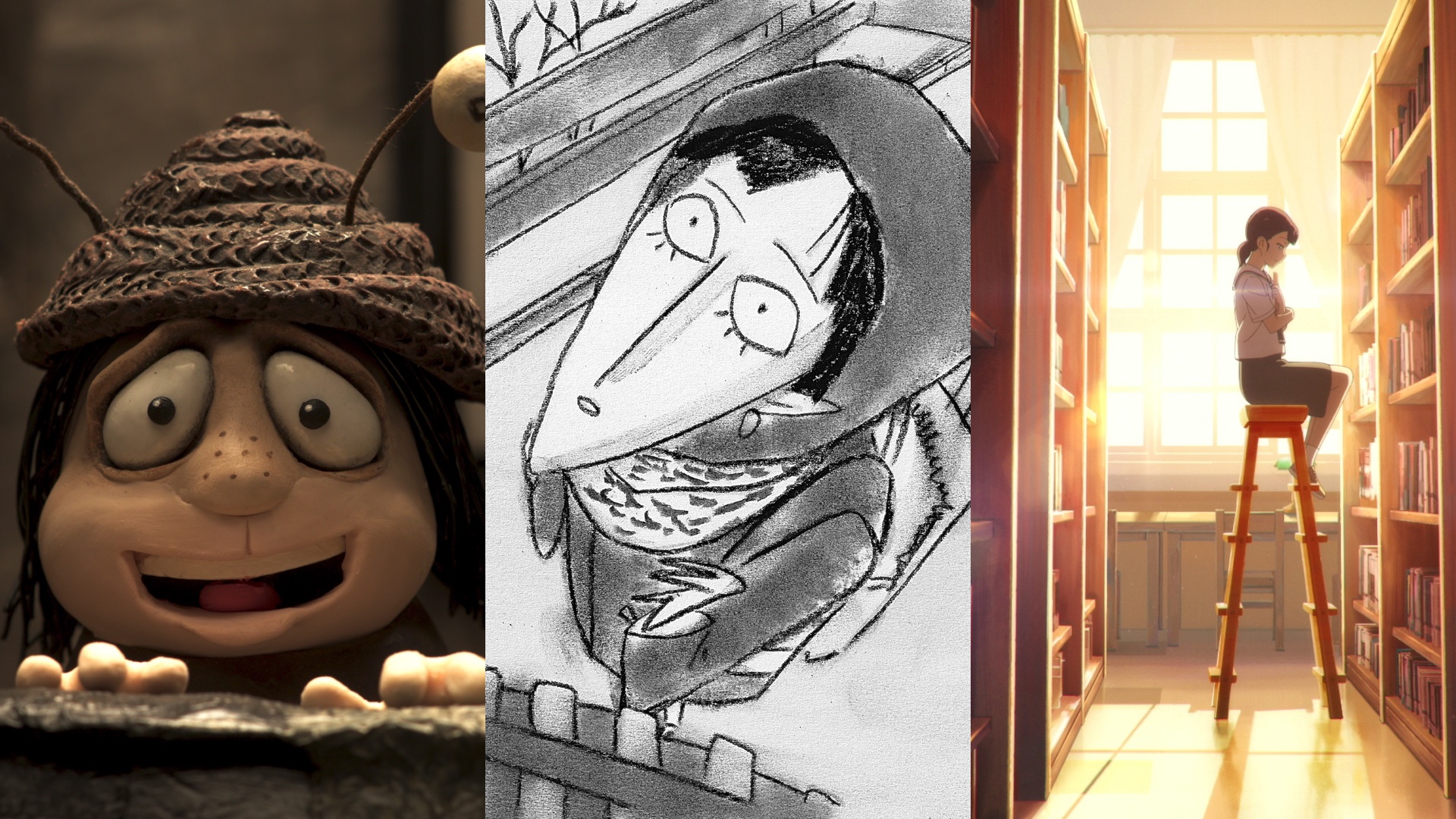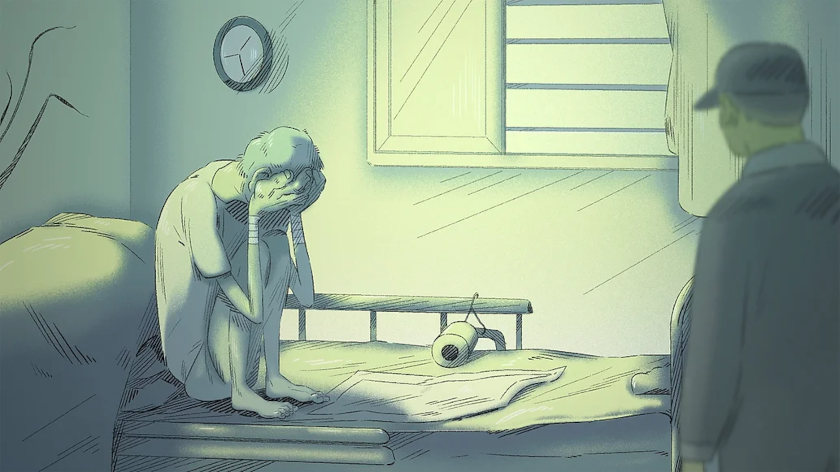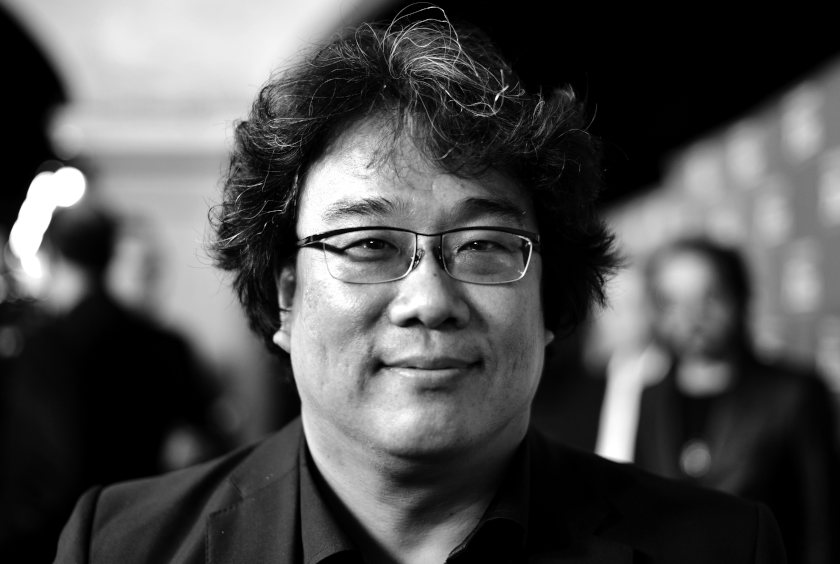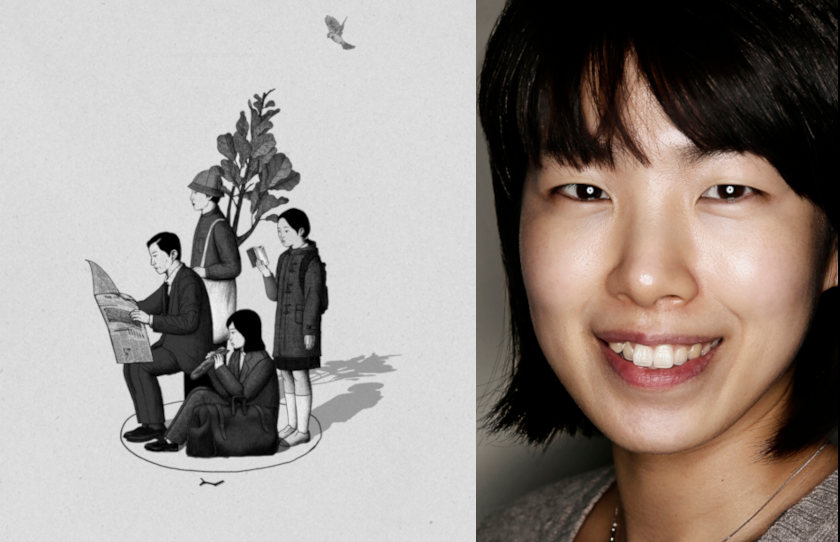You Need to Be Honest With Yourself: Interview with Jung
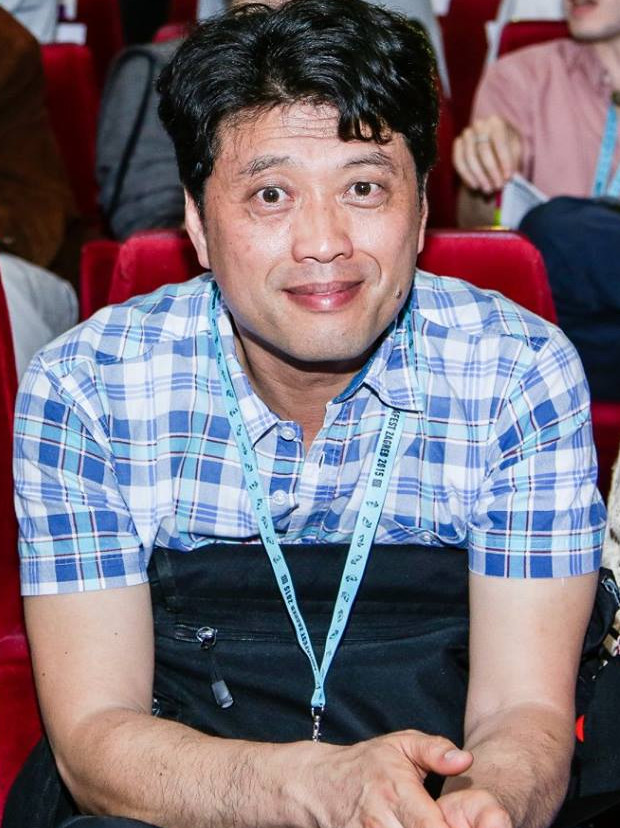
It is not difficult to get the best of Belgian/South Korean visual artist and animator Jung. He has a clear view of the kind of story he wants to tell, and he is equally open to share it with the others.
Being one of the adopted Korean children after the Korean war, Jung (b. 1965) was fostered by a Belgian couple who already had four children. He grew up to become a successful visual artist and graphic novelist in France with his 3-volume work, Couleur de peau: miel.
When it was adapted into an 2D/3D animation film (co-directed with Laurent Boileau), Jung decided to visit again his mother country. The hybrid of live-action footage was later included in the animated film whose English title became Approved for Adoption. The film went on to win Zagreb Animafest's Grand Prix in 2012, and Annecy's Audience Award. Back again in Zagreb's Animafest as a jury member, Jung talks to Zippy Frames.
ZF: Do you prefer to make your films about yourself?
Jung: Approved for Adoption was an adaptation of my 2007 graphic autobiographical novel, which now has expanded into three parts. The film was based on the first two books, but I didn't want to make a literary adaptation from graphic novel to the screen.
Graphic novel is a very powerful medium, and the limit is the talent, unlike film, when production costs and cooperation are also competing. I don't need to express myself in a film, so when I do so, it has to be for a reason.
ZF: So, how did you decide to turn it into a film?
Jung: I met the filmmaker and documentarian Laurent Boileau, who had read my first book. My story touched him a lot. Originally, the plan was for me to go back to Korea for the first time after my adaptation in 1971, but for a TV documentary, not animation. We began to work on the project and, finally we decided to make a hybrid of animation documentary feature. Animation was used to tell my own story, in which family archival footage was inserted and contemporary takes.
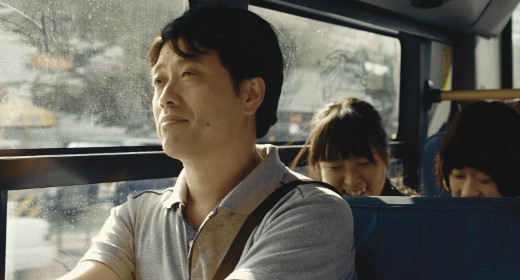
ZF: Were there any painful memories and events that you chose not to touch?
Jung: When you make an autobiography, you have to be honest with yourself first. I have both good and bad moments with my adopted mother. When she says in the film that Jung is the rotten apple of the family, this is a very hard thing to say. I chose to tell that.
It was not a problem for me to tell the truth. My own story is not the most important thing in the film, but rather the thematic of identity, abandonment and the search for our origins.
ZF: I really liked the past sequences in the film drawn in traditional animation.
Jung: We have different styles in the film; 3D animation to tell my own story at a first level, and traditional animation for the past sequences and evoke dreams. I dream a lot (he laughs). I don't know my past in Korea. I needed to dream about her, to reconstruct myself.
ZF: How has the film been received in South Korea? What was their feedback?
Jung: After my first trip, I was invited to PISAF as a jury member, and my first screening of the film. It was very emotional. Korean audiences were very touched. I also went there last year for the film's theatrical release. I was really lucky, because many directors, including Bong Joon-ho, showed interest in my film. Bong Joon Ho made a video explaining why he loved my film. Young people do not know their history, that's why my film has been received as part of history in South Korea.
My film is really a reconciliation between my two identities, European and Asian. It's a positive film, and Korean people really appreciate it. Many documentaries by Korean adoptees are not positive. We have to accept our past and learn to reconstruct ourselves.
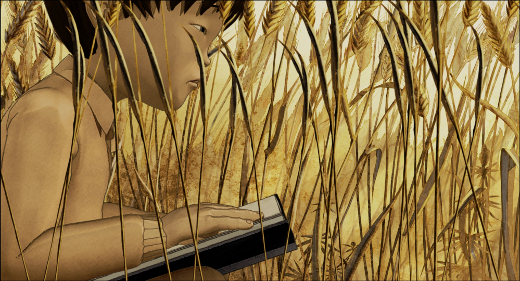
ZF: Many feature films in animation in the recent years (Persepolis, Waltz with Bashir, Crulic) deal with trauma and the past.
Jung: Animation is a very powerful medium to express yourself. Mixing different techniques helps to serve our story, and the combination is very interesting. A French TV director told me once, the future is hybrid I totally agree. Croatian producer Siniša Juričić now produces a hybrid of live-action and animation.
When you make a film, you need to have a vision. If you don't have that, then just stop. I had my own vision for Approved for Adoption, which was not the same as the one that my co-director, Laurent Boileau, had for the film.
ZF: What do you think of animation festivals in generals promoting animation?
Jung: It is very important, otherwise it would be impossible to watch animation films. Even the Franco-German ARTE does not always programme the best of films. It is my second time at Animafest, Zagreb after my 2012 win (Grand Prix). But now I am on the jury side.
ZF: Do you have any vision for any other film or graphic novel at the moment?
Jung: I always tell the same story, how can after the trauma we can reconstruct our ourselves. At the moment, I write a graphic novel about resilience, a contemporary story on the relationships between Korea and the US.
I'm also in the development stage of a new fiction project. It will be mostly live-action (let's say, 80%) and the rest will be animation. At the moment, I have a Korean producer on board, and I'll visit Korea in November to finish the story. It will be again a story between France and Korea. It's about the baby box.
ZF: What are baby boxes?
Jung: It's like a post office box. In Korea, Japan, Germany you have many baby boxes for people who want to abandon their babies. They close the box, and somebody on the other side picks them up. You have almost 1.300 baby boxes all around the world, mostly in Germany, Eastern Europe and Japan. There are only two in Korea. In France, you have the accouchement/naissance sous X procedure, when the woman can leave the hospital after her baby is born, so the baby is taken care by the state.
It is less violent than when you put the baby in the box, but at the same time there is always a person who gets immediately notified when a baby is being 'deposited'. So, my film title is set out to be "The Baby Box".
Jung's interview was conducted during the 2015 Animafest, Zagreb (9-14 June 2015).


